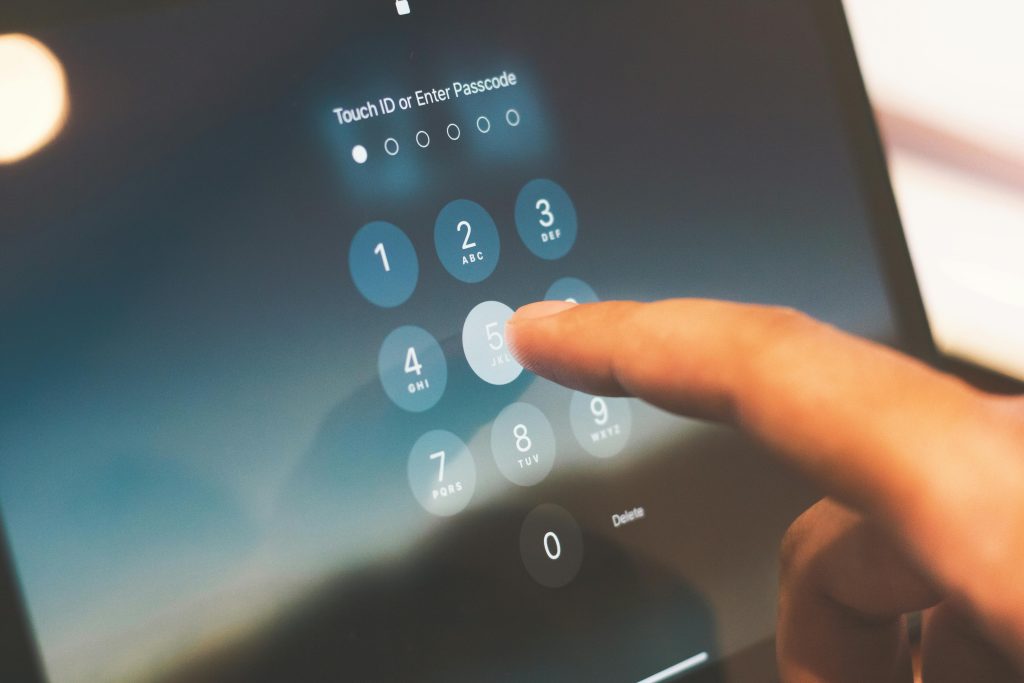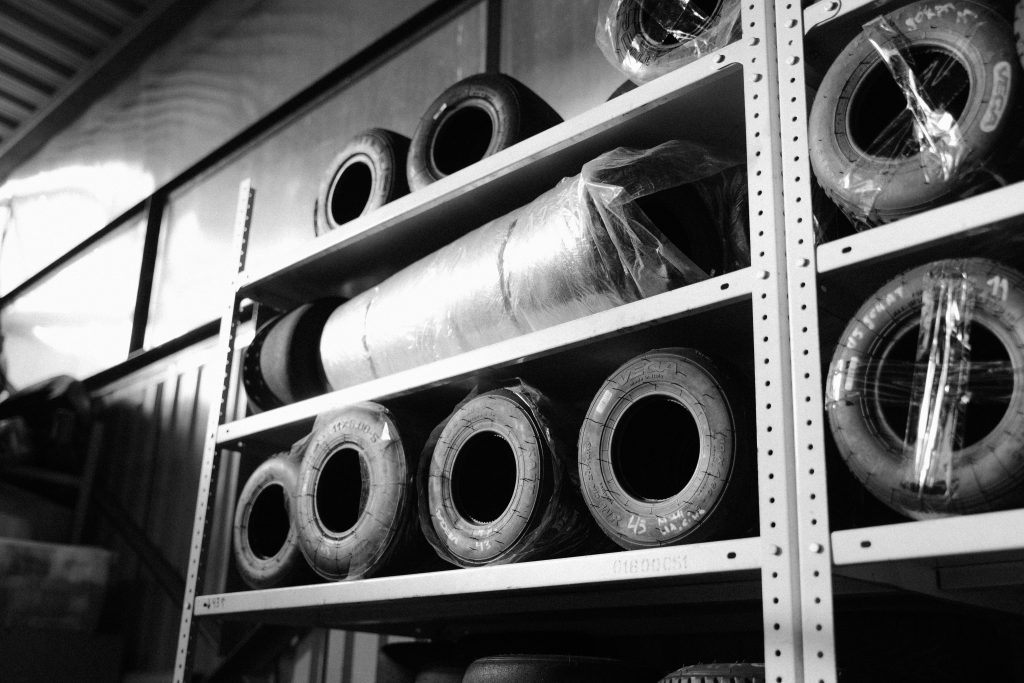Understanding and Troubleshooting Intermittent Boot and Performance Issues on Your PC
Experiencing unpredictable system behavior, such as slow performance, unexpected restarts, or complete freezes during startup, can be quite frustrating. These issues often occur during the initial boot of the day and may persist into subsequent power cycles. If you’re facing similar symptoms, this article will explore common causes and suggest steps to diagnose and resolve the problem.
Symptoms Summary
- Slow system performance after opening a few tabs or applications on the first boot of the day
- System crashes or black screens followed by automatic restarts
- Edge cases where games or demanding applications run with significant FPS drops or stuttering
- Complete freezing right after reaching the desktop during startup
- The issues resolve temporarily after certain reboots but tend to recur
Potential Causes
The symptoms described could stem from several underlying hardware or software issues. Here, we analyze the most common culprits:
-
Memory (RAM) Problems:
Faulty or incompatible RAM modules can lead to system instability, especially during startup when the system runs memory tests or initializes hardware. However, in this scenario, replacing the RAM with a different module did not resolve the issue, suggesting that RAM may not be the root cause here. -
Graphics Card or GPU-Related Issues:
The presence of graphics-related crashes and FPS drops, especially with the RTX 3070, indicates that GPU instability or overheating could be involved. Driver conflicts or hardware faults can cause similar symptoms. -
Power Supply Unit (PSU):
An underpowered or failing PSU can result in insufficient power delivery during startup or high-demand scenarios, leading to restarts or crashes. -
Thermal or Overclocking Problems:
Overheating components or improper overclock settings can cause system resets or black screens. -
Motherboard or BIOS Settings:
Outdated BIOS, incorrect settings, or failing motherboard components can also manifest as random crashes.
Recommended Troubleshooting Steps
To systematically identify and resolve the issue, follow these steps:
-
Update BIOS and Drivers:
Ensure your motherboard BIOS, GPU drivers, and other device drivers are up-to-date. Manufacturers often release updates that fix stability issues. -
Check Temperatures and Cooling:
Monitor CPU and GPU temperatures during startup and normal operation. Clean dust from cooling systems and verify that fans are functioning correctly. -
Test Hardware Components:
Share this content:



